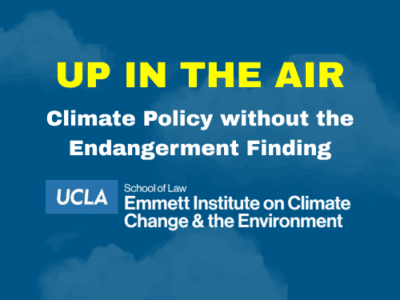Pesticides, Science and Politics
 Those three can make for a toxic environment, literally and figuratively. Take the case of methyl iodide, a material so obviously toxic that scientists use it to induce cancer in laboratory experiments. Arysta LifeScience Corporation has obtained a federal pesticide registration from EPA for use as a fumigant, despite a letter from 50 scientists, including five Nobel laureates, characterizing it as “one of the more toxic chemicals used in manufacturing.” In the face of claims that it was bowing to industry pressure to fast-track approval of the chemical last year, California’s Department of Pesticide Regulation went forward with an external peer review of methyl iodide.
Those three can make for a toxic environment, literally and figuratively. Take the case of methyl iodide, a material so obviously toxic that scientists use it to induce cancer in laboratory experiments. Arysta LifeScience Corporation has obtained a federal pesticide registration from EPA for use as a fumigant, despite a letter from 50 scientists, including five Nobel laureates, characterizing it as “one of the more toxic chemicals used in manufacturing.” In the face of claims that it was bowing to industry pressure to fast-track approval of the chemical last year, California’s Department of Pesticide Regulation went forward with an external peer review of methyl iodide.
The external science panel recently submitted its report, concluding that “[b]ased on the data available, we know that methyl iodide is a highly toxic chemical and we expect that any anticipated scenario for the agricultural or structural fumigation use of this agent would result in exposures to a large number of the public and thus would have a significant adverse impact on the public health. Due to the potent toxicity of methyl iodide, its transport in and ultimate fate in the environment, adequate control of human exposure would be difficult, if not impossible.”
The Department of Pesticide Regulation’s reaction? A spokesperson observed that “DPR requested only a review of the science backing its risk assessment, but the panel surpassed its function by implicitly opposing registration.” Really? Simply because the panel commented upon whether management practices and restrictions could control exposure? If that was off-limits, someone should have mentioned it to the DPR staffer who made a presentation to the panel at the public workshop regarding DPR’s exposure assessment, as well the representatives of Arysta and the California Rural Legal Assistance Foundation who also commented extensively on exposure issues.







Reader Comments